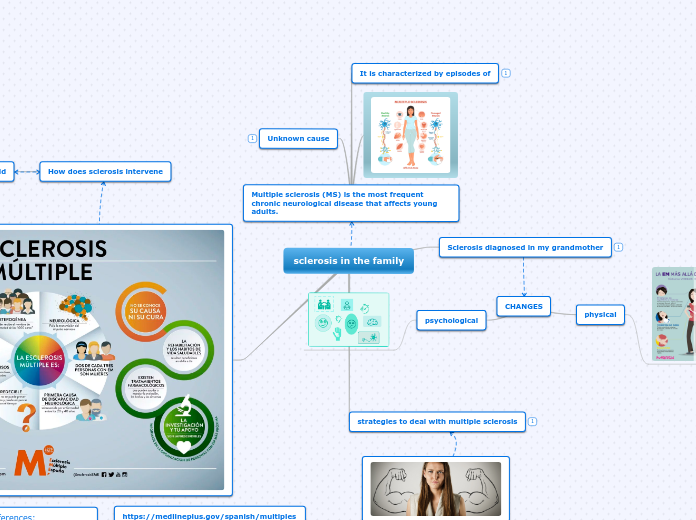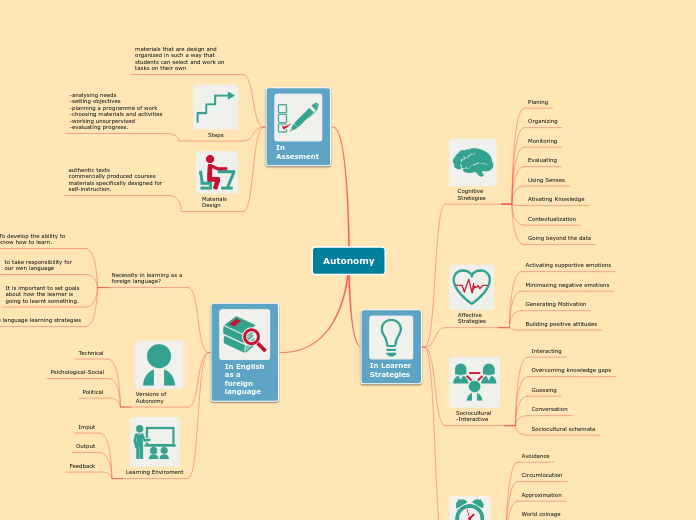av maria valentina rojas forero för 6 årar sedan
288
sclerosis in the family
Multiple sclerosis (MS) is a chronic neurological condition primarily affecting young adults, with an autoimmune mechanism being a widely accepted pathogenic hypothesis. It often manifests through recurrent attacks that lead to progressive physical disability.









